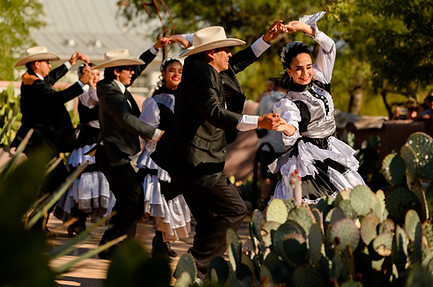
On October 23, 1775, Juan Bautista de Anza and over 200 settlers departed the Tubac Presidio to embark on an expedition covering nearly 1,000 miles and lasting 5 months. This expedition set in motion a chain of events that shaped Arizona, California and the Western United States as we know it today.
250 years later, join us as we recognize, commemorate and celebrate the rich and diverse history that links us all together.
Anza250
Commemoration
October 23-25
FREE PARK ADMISSION

October 23
9am-7:30pm
The commemoration begins at 10am at St. Ann’s Church with a blessing ceremony, coordinated by the Anza Society. A reenactment ride by the Anza Trail Color Guard, made possible by the Tubac Historical Society, will mark the historic departure.
After the ceremony, stroll through the park gates and discover the historic grounds. Meet museum docents and volunteers throughout the park who are ready to share stories, answer questions, and bring history to life.
The park will remain open late for the Tubac Chamber of Commerce's Open House - businesses along Burruel Street will open their doors and provide refreshments and light bites.
Dive deeper into the expedition's history by registering for the Anza Society’s 28th Annual Conference
October 24
9am-5pm
Museum docents and living history interactives will animate the park. Please note, there is no reenactment ride this day.
5pm-9pm
Become a member to receive your invitation to Anza Under the Stars, a complimentary evening event with special guests, Tucson Amateur Astronomers and Tubac DarkSky Association.


October 25
9am-5pm
Bring the whole family to enjoy free park admission, crafts, music, food trucks, facepainting, live cultural performances and the return of the Anza Trail Color Guard. Meet “We are Better Together” area non-profits in the 1885 schoolhouse, tour the Griffin Museum and step back in time.
-
Anza Trail Color Guard Reenactment Ride: 12pm
-
JV Ranch petting zoo
-
Blacksmith & Chocolate Demonstration
-
Food Vendors:
-
Meet We are Better Together Nonprofits:
Other Anza Inspired Events
Thank you to our partners!

